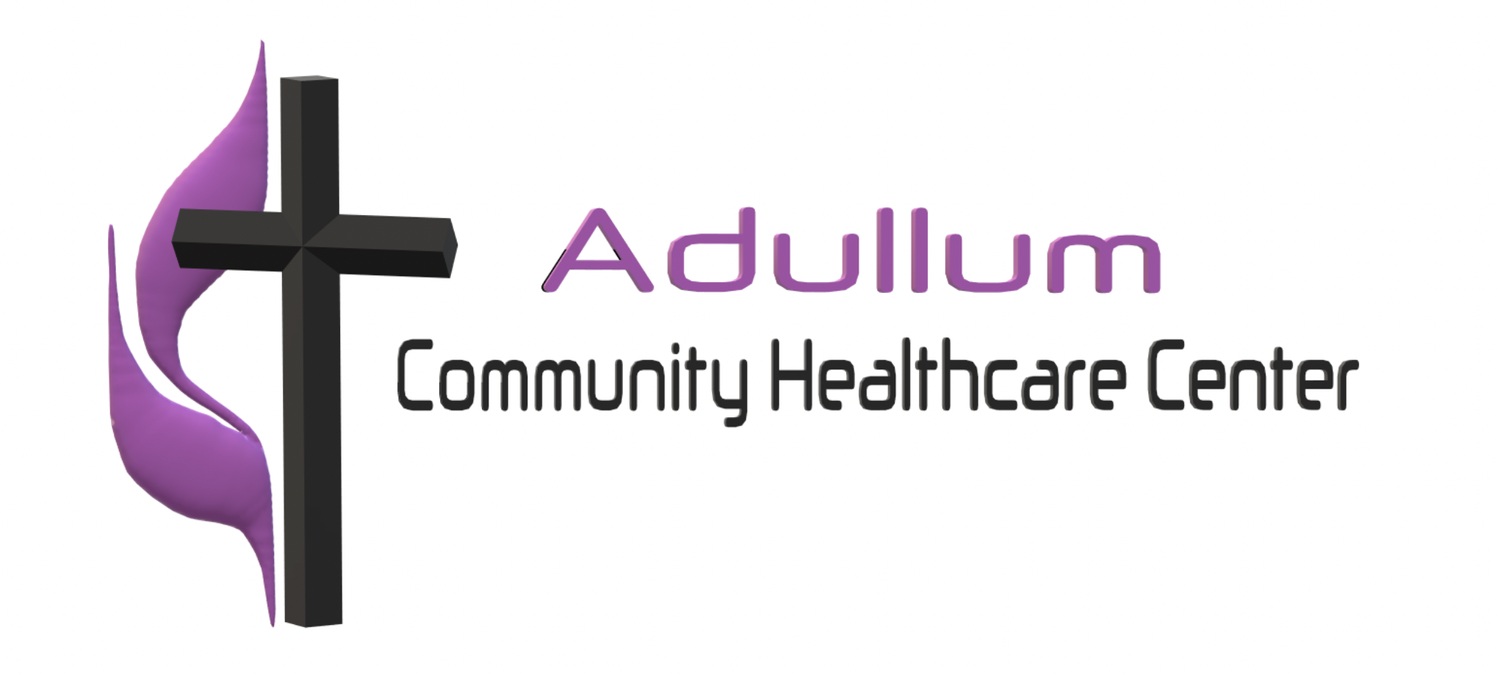COPD
If you have COPD, you can take steps to feel better and slow the damage to your lungs:
1) Control your breathing.
Talk to your doctor or respiratory therapist about techniques for breathing more efficiently throughout the day. Also be sure to discuss breathing positions, energy conservation techniques and relaxation techniques that you can use when you're short of breath.
2) Clear your airways.
With COPD, mucus tends to collect in your air passages and can be difficult to clear. Controlled coughing, drinking plenty of water and using a humidifier may help.
4) Exercise regularly.
It may seem difficult to exercise when you have trouble breathing, but regular exercise can improve your overall strength and endurance and strengthen your respiratory muscles. Discuss with your doctor which activities are appropriate for you.
5) Eat healthy foods.
A healthy diet can help you maintain your strength. If you're underweight, your doctor may recommend nutritional supplements. If you're overweight, losing weight can significantly help your breathing, especially during times of exertion.
6) Avoid smoke and air pollution.
In addition to quitting smoking, it's important to avoid places where others smoke. Secondhand smoke may contribute to further lung damage. Other types of air pollution also can irritate your lungs, so check daily air quality forecasts before going out.
7) Prepare for your doctor’s appointments.
Ask yourself the following questions before your appointment:
What symptoms are you experiencing? When did they start?
What makes your symptoms worse? Better?
Does anyone in your family have COPD?
Have you had any treatment for COPD? If so, what was it and did it help?
Are you being treated for any other medical conditions?
What medications and supplements do you take regularly?
